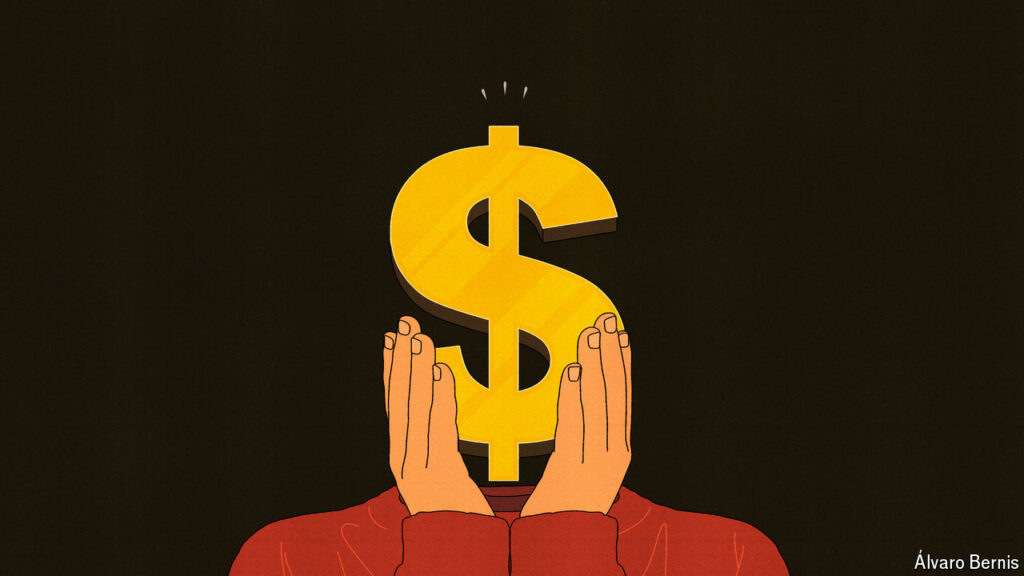The Plaza Hotel, located at a prime corner of Central Park in New York City, exudes glamour and opulence. It gained widespread recognition as the backdrop for the 1992 film “Home Alone 2,” where a young boy finds himself lost in the bustling city and seeks refuge in one of the hotel’s luxurious suites using his father’s credit card. The hotel’s then-owner, Donald Trump, even made a cameo appearance in the movie, a result of a shrewd negotiation tactic. The director revealed that Trump insisted on a role in exchange for granting the filmmakers access to the iconic hotel, showcasing his penchant for leveraging opportunities for personal gain.
Interestingly, this was not the first time the Plaza Hotel had been associated with pivotal negotiations. In the early 1980s, it served as the venue for the Plaza Accord, a significant agreement reached by major economic powers including the United States, Japan, and European countries like Britain, France, and West Germany. The accord aimed to address the issue of the overvaluation of the US dollar, which was causing concerns about American competitiveness in the global market. At that time, the US economy was experiencing a period of prosperity fueled by President Ronald Reagan’s tax cuts, leading to a substantial fiscal deficit and soaring dollar value. In response, measures were needed to curb inflation and restore balance to the exchange rates.
The echoes of the Plaza Accord era still reverberate today in the realm of international trade and economic policy. Robert Lighthizer, a key trade adviser to former President Trump, has contemplated revisiting similar strategies to address currency imbalances and trade disparities. In his book “No Trade is Free,” published recently, Lighthizer underscored the importance of coordinated efforts among allied nations to combat unfair trade practices and realign exchange rates. With the current administration reportedly exploring options to devalue the dollar if Trump secures a return to office, the Plaza Accord’s legacy remains a relevant touchstone for future diplomatic and economic initiatives.
The Plaza Hotel stands as a symbol of timeless elegance and historical significance, embodying the convergence of culture, commerce, and politics in the heart of New York City. Its storied past includes not only cinematic appearances and high-profile negotiations but also a legacy of luxury and prestige that continues to captivate guests and visitors from around the world. With its prime location overlooking Central Park and proximity to iconic landmarks, the Plaza Hotel remains a beacon of grandeur and sophistication, reflecting the cosmopolitan allure of the Big Apple.
In conclusion, the Plaza Hotel’s legacy extends far beyond its walls, encompassing cultural milestones, economic milestones, and political intrigue that shape perceptions and narratives about New York City and the world at large. From Hollywood blockbusters to high-stakes negotiations, the hotel has been a backdrop for history in the making, showcasing the enduring appeal of glamour and prestige in the bustling heart of Manhattan. As debates continue about the future of global trade and economic policies, the Plaza Hotel remains a timeless symbol of style, sophistication, and significance in the ever-evolving landscape of international relations and business.



